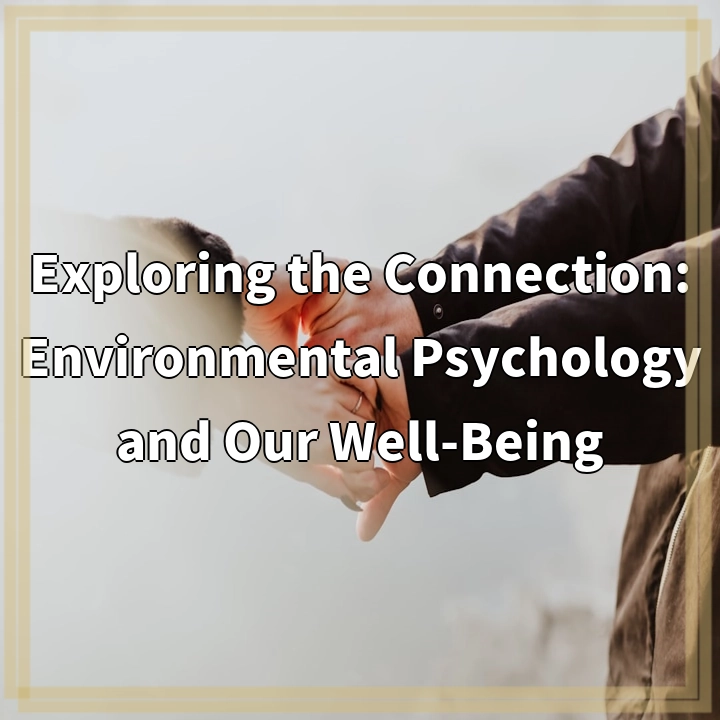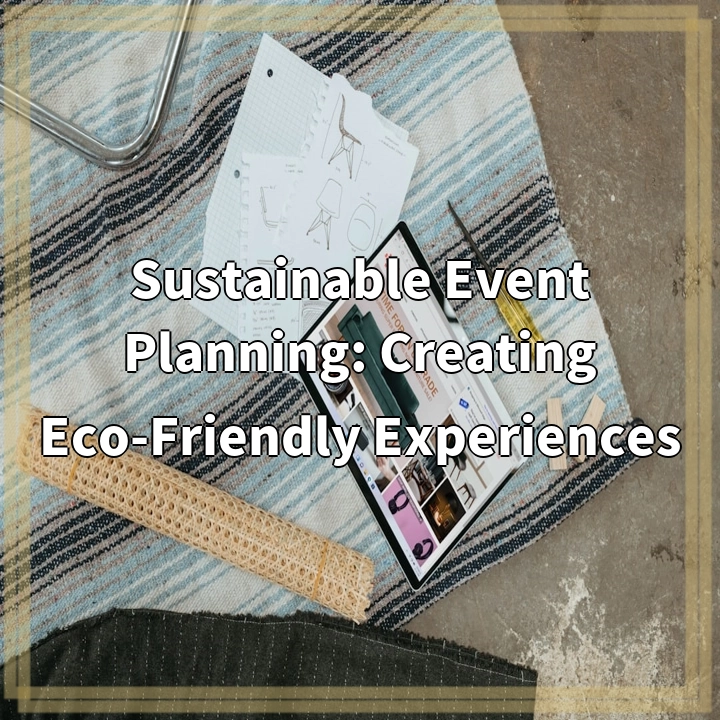
What it is:
Exploring the Connection: Environmental Psychology and Our Well-Being
Environmental psychology is a field that examines the reciprocal relationship between individuals and their environment. It focuses on understanding how our surroundings can impact our thoughts, feelings, and behaviors. By studying this dynamic interaction, environmental psychology aims to discover ways in which we can design and modify our environments to enhance our well-being.
Real-World Problems:
1. Urban Stress:
Living in cities can often be associated with high levels of stress. The fast-paced lifestyle, noise pollution, and overcrowding can have detrimental effects on our mental health and overall well-being. Environmental psychology aims to identify strategies that can help alleviate these stressors and create urban environments that promote relaxation and restoration.
2. Nature Deficit:
In today’s technologically advanced world, many individuals, especially children, spend less time in nature. This “nature deficit” can lead to various health issues, including decreased attention span, increased stress levels, and reduced cognitive functions. Environmental psychology explores the importance of incorporating nature into our environments and the positive impacts it can have on our well-being.
3. Workplace Productivity:
The design and layout of workplaces can significantly impact employee productivity, satisfaction, and engagement. Environmental psychology investigates how factors such as lighting, temperature, noise levels, and office layouts influence employee well-being and performance. By understanding these dynamics, organizations can make informed decisions to create healthier and more productive work environments.
4. Sustainable Behavior:
Encouraging individuals to adopt sustainable behaviors is crucial for mitigating the negative impacts of human activities on the environment. Environmental psychology examines the underlying factors that influence pro-environmental behaviors. By understanding the drivers and barriers to sustainable actions, strategies can be developed to promote positive behavior change on an individual and collective level.
In conclusion, exploring the connection between environmental psychology and our well-being enables us to understand how our environment influences us and how we can create healthier, more sustainable spaces. By addressing real-world problems such as urban stress, nature deficit, workplace productivity, and sustainable behavior, we can work towards designing environments that promote optimal well-being and a more sustainable future.

Solutions:
Promoting Well-being Through Environmental Psychology
1. Green Spaces in Urban Areas:
Creating and preserving green spaces within cities can help combat urban stress. Parks, gardens, and urban forests provide opportunities for relaxation, physical activity, and connection to nature, which can improve mental health and well-being.
2. Incorporating Nature into Daily Life:
Encouraging individuals to spend time in nature and integrating natural elements into our daily environments can help alleviate the effects of nature deficit. This can include creating community gardens, incorporating biophilic design principles in architecture, or simply taking regular walks in nearby parks or natural areas.
3. Well-designed Workspaces:
Employers can focus on creating work environments that prioritize employee well-being. This can include providing access to natural light, incorporating plant life, ensuring proper ventilation and acoustics, and offering spaces for relaxation and rejuvenation.
4. Education and Awareness:
Increasing awareness about the relationship between our environment and well-being is crucial. Education programs and campaigns can help individuals understand the importance of sustainable behaviors and the positive impacts they can have on both personal and environmental health.
5. Policy and Regulation:
Government policies and regulations play a significant role in shaping our environments. By implementing sustainable practices and standards in urban planning, building codes, and environmental policies, we can create environments that prioritize well-being and sustainability.
In conclusion, promoting well-being through environmental psychology involves implementing solutions such as creating green spaces in urban areas, incorporating nature into daily life, designing well-facilitated workspaces, raising awareness through education and campaigns, and implementing effective policies and regulations. By applying these solutions, we can create environments that support our well-being and contribute to a more sustainable and thriving future.















